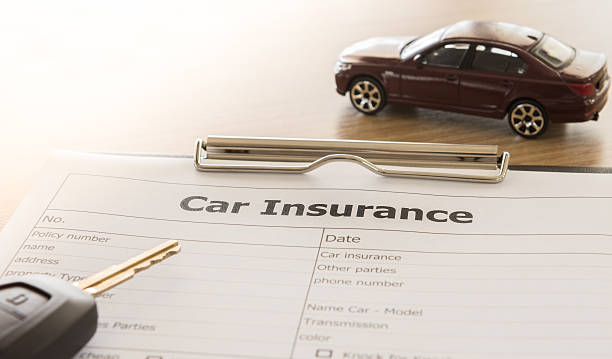
13 Nov 5 Things To Avoid That Can Cause Your Insurance To Go Up?
Keeping It Real…Real Low

Keeping auto insurance rates affordable can be challenging, especially if certain behaviors or situations lead to premium hikes. Auto insurers calculate premiums based on perceived risk, so even minor mistakes can result in higher costs. Knowing what to avoid is key to managing your insurance expenses effectively. Here are five things that can cause your auto insurance rates to go up and some tips on avoiding them.
1. Traffic Violations and Accidents
One of the quickest ways to increase your auto insurance premium is through traffic violations or accidents. Insurance companies view incidents such as speeding tickets, reckless driving, and at-fault accidents as indicators of higher risk. Even a single traffic ticket can raise your rates, as it signals to insurers that you may be more likely to engage in risky driving behaviors in the future.
It’s important to practice safe driving habits to avoid higher premiums due to violations or accidents. Always obey traffic laws, drive at or below the speed limit, and avoid distractions like texting while driving. Many insurers also offer discounts for completing defensive driving courses, which can help offset premium increases after a ticket or accident.
2. Lapse in Insurance Coverage
Allowing a lapse in your auto insurance coverage is another factor that can drive up premiums. If you go without insurance for some time, even if you weren’t driving, insurers may classify you as a higher-risk driver. Individuals who let their coverage lapse are statistically more likely to file claims.
To avoid this, ensure that your insurance remains active, even if you are not using your vehicle. If you’re planning to take your car off the road for a period, consider switching to a storage or limited-use policy rather than canceling your coverage altogether. Additionally, if you’re changing insurers, arrange the new policy to start immediately after the old one ends to avoid any gaps in coverage.
3. Poor Credit History
Your credit history plays a surprising role in your auto insurance rates. Many insurers use credit-based insurance scores to determine premiums, as studies have shown a correlation between lower credit scores and a higher likelihood of filing claims. Consequently, drivers with poor credit histories often face higher insurance rates than those with strong credit.
Try to maintain good financial habits to prevent credit issues from impacting your insurance premiums. Paying bills on time, reducing outstanding debt, and checking your credit report regularly can all help boost your credit score over time. Some states restrict the use of credit scores in setting insurance rates, but this remains a significant factor in many places.
4. Adding High-Risk Drivers to Your Policy
If you add a high-risk driver, such as a young or inexperienced driver, to your policy, your insurance premium is likely to increase. New drivers, particularly teenagers, are statistically more likely to be involved in accidents, which is why insurers often charge higher premiums to cover them. Adding them to an existing policy will likely raise the overall rate.
Consider different strategies if you need to insure a high-risk driver. For instance, you might want to set them up with a separate policy instead of adding them to your own, as this can sometimes be cheaper. Some insurers also offer discounts for new drivers who complete driver education courses or maintain good grades in school, as these are indicators of responsible behavior.
5. Using Your Vehicle for Business Purposes
Using your personal vehicle for business purposes, such as delivering goods, rideshare driving, or commuting long distances, can also lead to increased insurance premiums. Insurers consider business usage a higher risk than personal use because it often involves more frequent and sometimes unpredictable driving, which increases the chance of accidents.
If you need to use your vehicle for work, speak with your insurance provider about the best way to insure it for business use. They may suggest adding a commercial policy, which could protect you more fully if something happens while you’re working. Although commercial coverage can be more expensive, it could save you from costly out-of-pocket expenses if an accident occurs.
Factoring These Five
Understanding what can lead to increased auto insurance rates helps you take proactive steps to maintain lower premiums. Practicing safe driving, maintaining continuous insurance coverage, improving your credit score, carefully managing high-risk drivers, and being clear with your insurer about your vehicle’s usage are all effective ways to avoid unexpected rate hikes.
By being mindful of these five factors, you can save yourself hundreds of dollars a year on auto insurance and ensure you get the best value for your coverage.


Sorry, the comment form is closed at this time.